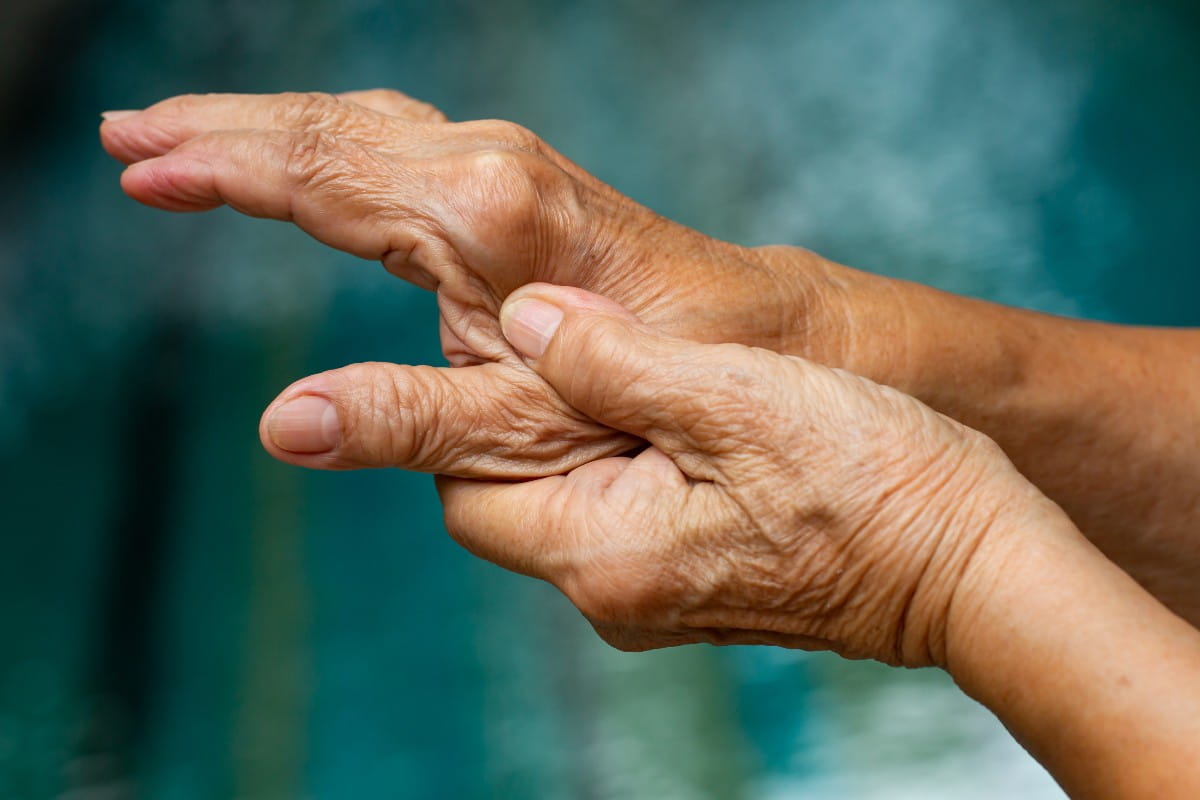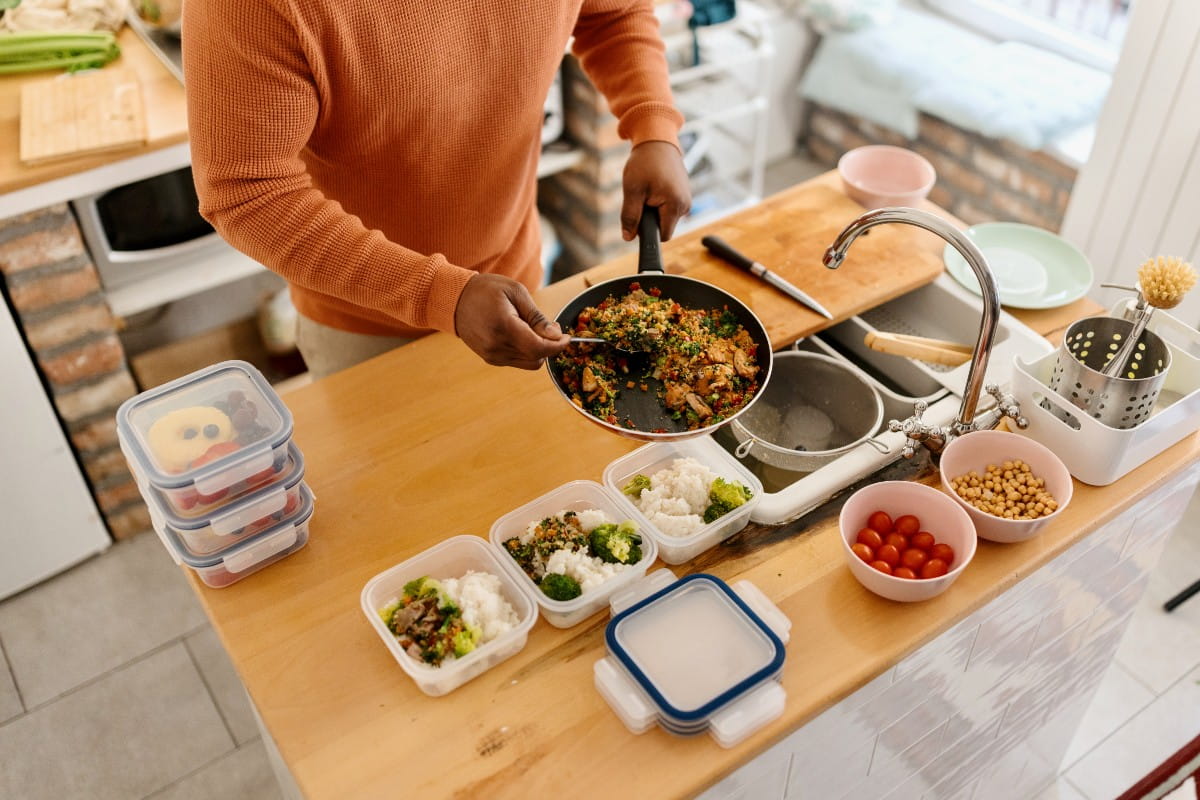The testing requirements for COVID-19 in Virginia and across the U.S. are changing daily. At Riverside Health, we’re working diligently to provide testing to all patients who need it.
Below is everything you need to know about testing for the new coronavirus. You can also stay updated on Riverside’s protocols for testing and medical care by visiting our Coronavirus COVID-19 information page.
Do I need to be tested for COVID-19?
Most patients with mild symptoms aren’t being tested. This is the case for two reasons:
- There is currently a limited supply of testing kits – the Food and Drug Administration is still working to approve kits.
- Most patients with mild symptoms recover well at home with no medical care.
However, testing is important if you have severe symptoms or if you’re in a high-risk group.
If you have mild to moderate symptoms (fever, cough, difficulty breathing) and think you have the new coronavirus, call your primary care doctor or Riverside Nurse for guidance. They’ll help you determine if you need testing based on:
- Your symptoms
- Your age and health history
- Your recent travel and social history – Have you recently been to a place where the virus is spreading or been around anyone who may have the virus or has tested positive for the virus?
If you’re experiencing emergency symptoms such as trouble breathing, blue lips or face, chest pain, confusion, or trouble staying awake, go to the emergency room or call 911 immediately.
What does testing involve?
COVID-19 tests are designed to detect the SARS-CoV-2 virus – the virus that causes the COVID-19 disease.
Initial diagnostic testing is done through a nasal swab or oral swab. These swab tests are quick and painless – a sterile swab is inserted gently into your nostril or throat, turned, removed, and sent to a lab for testing.
Depending on the laboratory, your results may be available within a few days, but some results aren’t ready for several days.
Where do I go for a test?
Riverside is working with the Virginia Department of Health as well as with private labs to conduct testing. Please call your primary care doctor or Riverside Nurse for guidance on where to go for testing.
A note about home isolation
If you test positive for COVID-19 and are placed on home isolation, you should check with your doctor and your state and local health departments before ending your isolation. The Centers for Disease Control and Prevention is recommending the following:
- If you will not be tested again to find out if you’re still contagious, you can stop home isolation under the following conditions:
- You haven’t had a fever for at least 72 hours (three full days) without the use of fever-reducing medicines.
- AND your other symptoms have improved.
- AND at least seven days have passed since your symptoms first appeared.
- If you will be tested again to find out if you’re still contagious, you can stop home isolation under the following conditions:
- You no longer have a fever without the use of fever-reducing medicines.
- AND your other symptoms have improved.
- AND you’ve received two negative tests in a row, 24 hours apart.
Again, talk to your doctor before ending home isolation.



